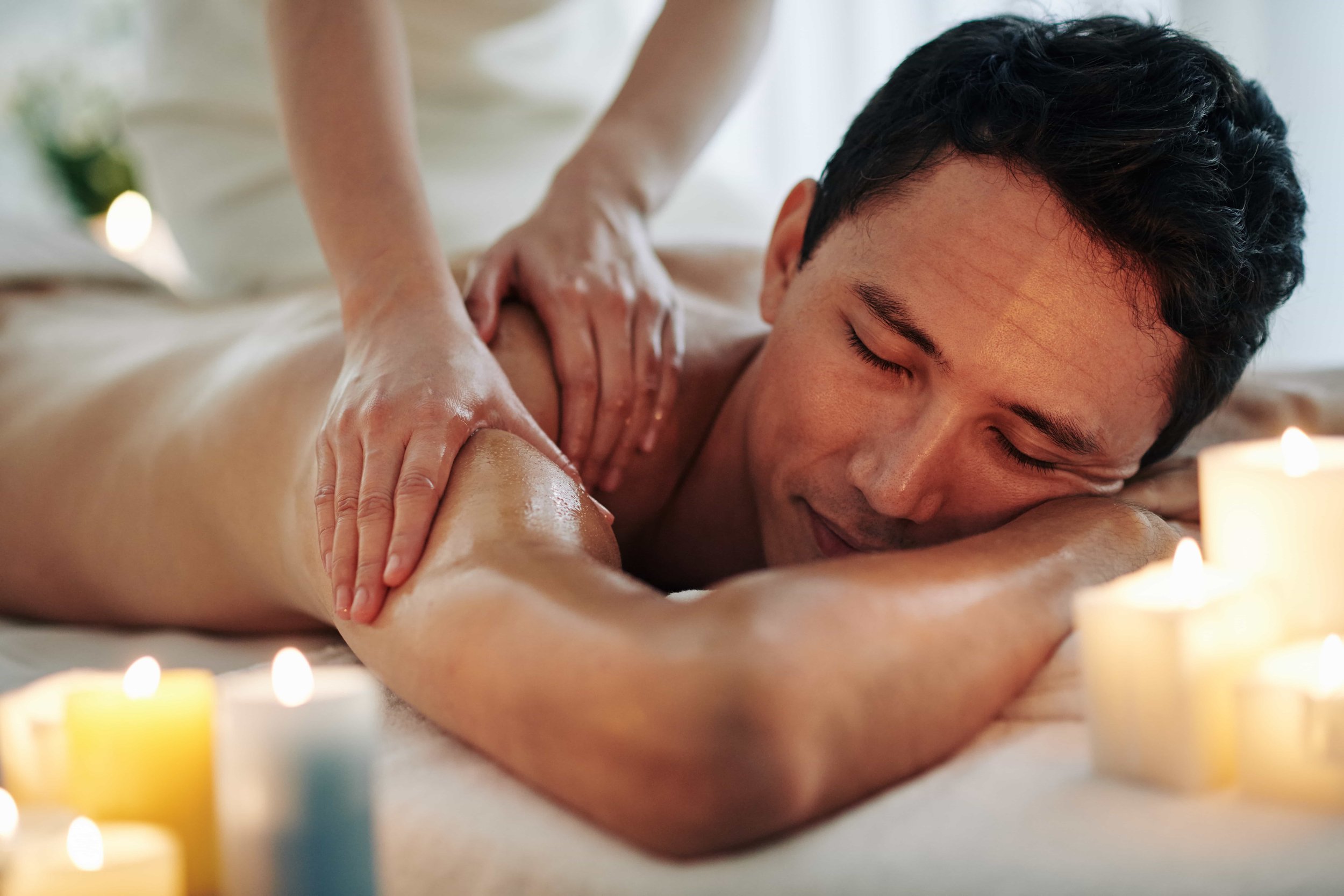Why Does Massage Feel Good?
With our day-to-day lives busier than ever, most of us are always on the lookout for ways to relax, unwind, and treat ourselves to some self-care after a long day or week. One of the most popular and enjoyable ways to do so is through massage - but why do massages feel so good? In this article, we’re going to take a closer look at why massages feel so great for both the body and mind, and what you can expect from a massage experience if you’re a newbie. Let’s take a look!
What is massage?
Massage is a form of physical therapy that works by elongating and stimulating the muscles via physical touch; primarily through kneading, massaging and stroking certain parts of the body. Regular massages can offer a range of benefits, from enhanced sleep to a boosted immune system, and they can also do wonders for your mental health.
Why do massages feel so good?
Release of endorphins
One of the main reasons why massages feel so good is because they help to release endorphins, which are our body's natural "feel-good" chemicals. When a massage therapist works on your muscles, your body releases these hormones, which not only create a sense of pleasure and relaxation but can also help to reduce pain and inflammation. Just one session can leave you feeling lighter, happier, and more at ease - and you don’t even need to leave your home to reap the benefits! Spa Theory offers mobile massage services in Atlanta, GA, so you can enjoy a relaxing massage from a licensed professional in the comfort of your own home.
Improved circulation
Massages promote improved circulation by increasing blood flow to the muscles and tissues being worked on. Better circulation means that more oxygen and nutrients are being delivered to the cells, leading to faster recovery, reduced muscle soreness, and an overall enhanced feeling of well-being. This increased blood flow also helps to flush out toxins, leaving you feeling refreshed and rejuvenated after your massage.
Reduced muscle tension
When your muscles are tight or tense, it can lead to discomfort, pain, or even limited mobility. Massages help to relieve this tension by stretching and kneading the muscle fibers, promoting relaxation and flexibility. The skilled touch of a massage therapist can quickly identify and address areas of tightness or knots, leaving you with a greater sense of ease and freedom of movement.
Relaxation and stress relief
Massages have long been known for their ability to promote relaxation and reduce stress. In today's busy world, taking the time to care for ourselves is more important than ever. As your therapist works on your body, your mind can drift into a state of calm, quieting the mental chatter and allowing you to fully unwind. This sense of tranquility can help to reduce the physical symptoms of stress, such as headaches, sleep disturbances, or tension-related pain.
Boosted immune system
Another reason massages feel so good is their ability to boost your immune system. Regular massage sessions have been shown to increase the number of white blood cells in your body, which play a crucial role in fighting off infections and illnesses. This means that not only do you feel great during and after a massage, but you're also giving your body a helping hand in staying healthy and resilient against potential threats. So, whether you're seeking relief from muscle tension, looking for a way to unwind and destress, or wanting to give your immune system a boost, massage therapy might just be the perfect solution for you.
What does a massage feel like?
A massage is an incredibly personal and unique experience, and what it feels like will generally vary from person to person, especially as every massage therapist's techniques are different. However, there are some common sensations that you can expect to experience:
Before the massage
It’s normal to feel slightly nervous before your first massage, but this nervousness will reduce over time. Drink plenty of water beforehand and do something relaxing to calm your mind - read or listen to music until your massage therapist arrives.
During the massage
During a massage, you'll likely feel a combination of pressure, kneading, and stroking on your muscles, as well as some gentle stretching of your limbs. The pressure can range from very light to quite firm, depending on your preferences and the therapist's style. You may also experience some slight discomfort as your therapist works on particularly tight or knotted areas, but it should never be unbearable. Communication with your therapist is key – don't be afraid to speak up if something doesn't feel right or if you'd like more or less pressure.
After the massage
Once the massage is over, you’ll likely feel deeply relaxed, calmer, and more tranquil, and benefit from a noticeable reduction in muscle tension. It’s also important to note that following a massage, it's not uncommon for people to also experience a temporary feeling of light-headedness or drowsiness, which is a response to the release of tension and toxins from the body.

